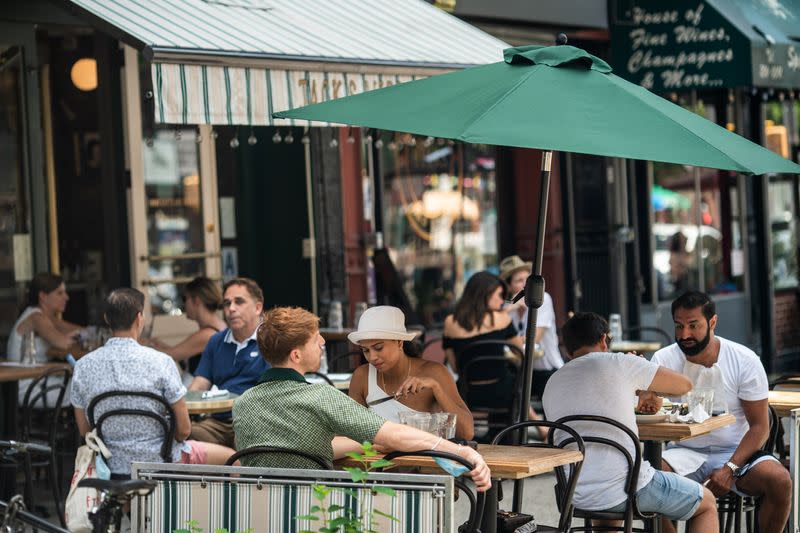SEOUL, Korea, Republic of – North Korea is urgently distributing its military reserves of rice as the country is critically short of food, South Korea’s intelligence agency reported on Tuesday. A heat wave and drought further depleted resources in the North.
North Korea’s food woes come as its dying economy continues to suffer from the consequences of the COVID-19 pandemic. While there are still no reports of great famine and population chaos, observers expect the food shortage to continue to worsen until the fall harvest.
The Southern National Intelligence Service informed a committee of parliamentarians in a closed-door session that North Korea had started to sell off its wartime rice reserves. According to MP Ha Tae-keung, who attended the meeting, the rice would first be distributed to citizens with access to less food, workers and rural agencies.
Quoting the intelligence services, Ha Tae-keung argues that a heat wave and a drought in the north have devastated rice paddies, corn fields and other crops, in addition to decimating animal farms.
The authoritarian regime is said to regard the fight against the drought as “a matter of national survival” and will work increasingly to inform the population of its plan.
Another elected representative of the South, Kim Byung-kee, quoted the intelligence services according to which the North normally needs 5.5 million tons of food to feed its population of 26 million people. It is currently estimated to be missing about a million tonnes. Also according to information from Seoul, the North is on the verge of exhausting its grain reserves.
The price of rice, the most important crop in North Korea, has doubled from its level at the start of the year. The price stabilized briefly in July, but has since started to rise again.
According to Ha Tae-keung, the totalitarian regime is trying to control the price of grain, an index to which the population is more sensitive.
In the opinion of an expert from the private GS&J institute in South Korea, the North probably wants to sell off military reserves in order to sell them at a lower cost than the market in the hope of stabilizing prices. Kwon Tae-jin says the price of rice is “significantly volatile” because the regime has to limit the amount of rice it injects into the market.
This is not the first time that North Korea has drawn on its state reserves, but reports that grain reserves are running out is cause for concern.
In the past, during other food shortages, North Korea could rely on the porous border with China to bring in rice and other types of grains. But due to COVID-19, the border remains tightly closed, making it excessively difficult to move food.
Information from the North remains difficult to obtain for the intelligence services due to the obscurity of the authoritarian regime in place. However, authoritarian leader Kim Jong Un himself recently admitted that his country was facing “the worst crisis ever” due to the pandemic and other issues including a possible famine.
At a one-party convention in June, Kim urged members of his government to find solutions to boost agricultural production by arguing that the food situation was becoming tense. He even compared the situation to that of the famine that occurred in the 1990s and which killed hundreds of thousands of people.
Chinese data shows trade with North Korea fell nearly 80% last year due to the border shutting down completely over fears of the coronavirus. Moreover, according to the central bank of the South, the economy of the North contracted by 4.5% last year, its worst performance since 1997.
–


